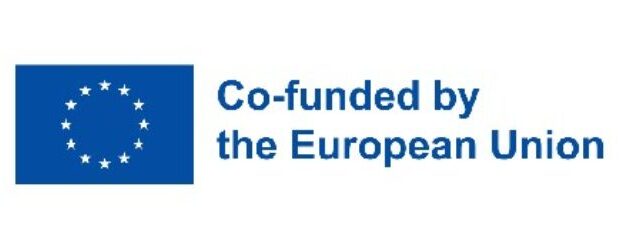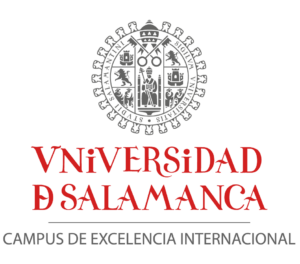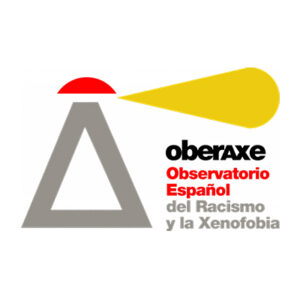Who we are
modern European university with a wide range of faculties and research institutes in the sciences and arts. USAL offers a wide range of studies to about 26,000 undergraduate students each year (with the second highest international community in Spain), plus about 2,600 postgraduate students; it employs 2,200 researchers, who are distributed in 57 University Departments, 26 Faculties and University Schools, 12 Research Institutes and 10 Research Centers. USAL is recognized as one of the most outstanding Spanish universities in national and international rankings. In 2011 it obtained the status of Campus of International Excellence for its high quality and excellence in teaching, training, research activities and academic life. In addition, USAL has been awarded the logo “Excellence in HR in Research” in July 2019.
The consortium, responsible of the project, is: The University of Salamanca (as coordinator), the University of Wien (Austria), the University of Mykolo Romerio from Vilnius (Lithuania), the Spanish Observatory on Racism and Xenophobia (OBERAXE) and Cidalia
The University of Vienna is subdivided into 15 faculties, four centers and one inter-university organizational unit. 55 study directorates and Studienpräses (official responsible for the implementation of the study law) are responsible for the organization of courses. At the administrative level, there are 16 divisions.
Social company founded in 2008 by social science professionals with experience in the field of migration, anti-racism, diversity management and equality, one of the first Spanish consulting firms specializing in migration.

Mykolas Romeris University (MRU) is named after the patriarch of Lithuanian Constitutional Law, Professor Mykolas Romeris (1880-1945).
MRU – the largest university specializing in social sciences in Lithuania, whose most prominent studies and research areas are: law, public security and public administration.
The University has a capable and significant core of educational sciences, economics, humanities, communication, politics, psychology, sociology and management areas.
Social science study programs dominate the MRU study program portfolio (95% of the entire study portfolio – AIKOS database).
The Spanish Observatory on Racism and Xenophobia (OBERAXE), within the framework of its functions, collects information on projects, surveys, resources, reports and studies, promoted by the State Secretariat for Migration and other ministerial departments, entities and institutions; in order to serve as a platform for knowledge, analysis and promotion of work to combat racism, racial discrimination, xenophobia and other forms of intolerance, as well as hate incidents and crimes. All this through collaboration with public administrations and civil society at national, European Union and international levels.




